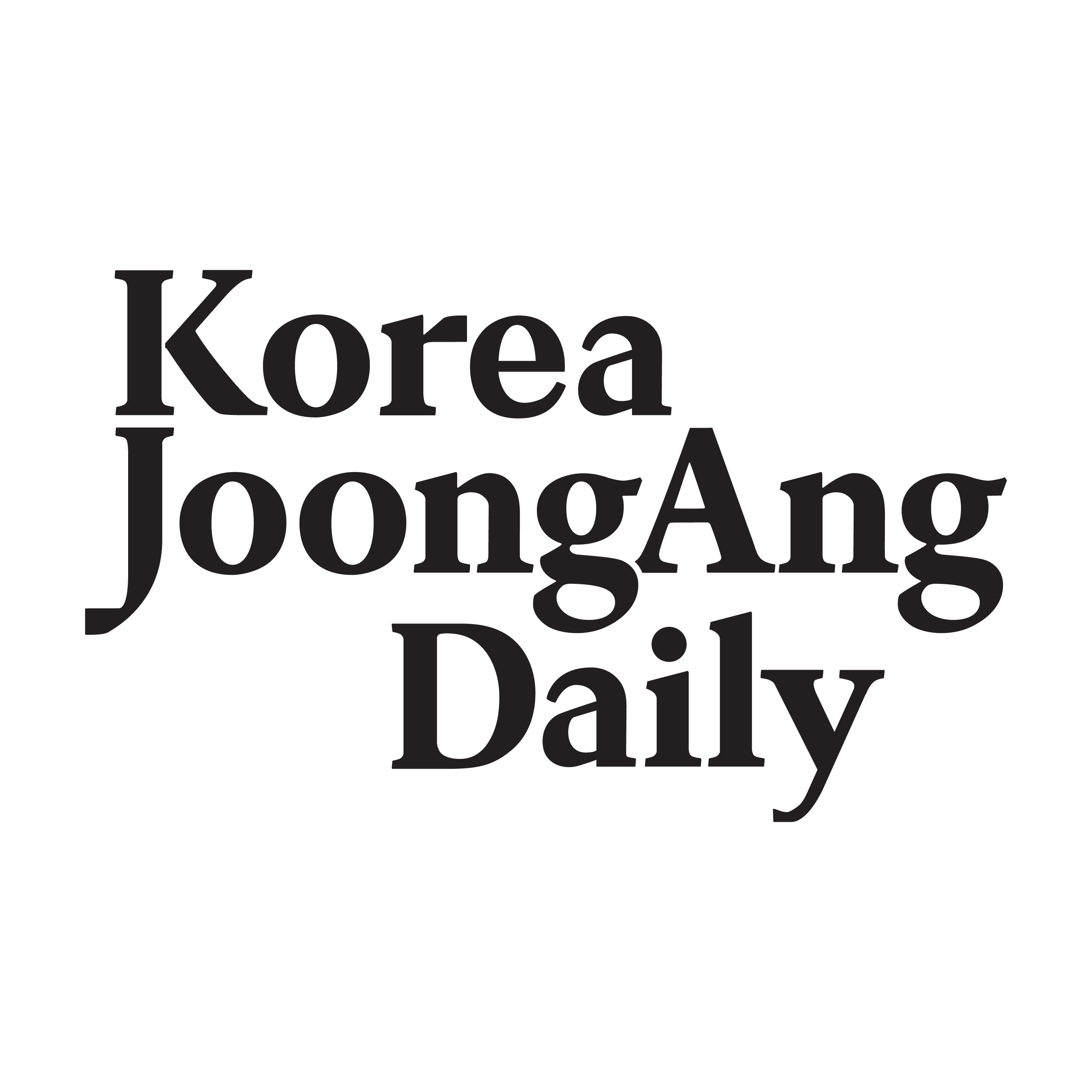Listen "Korea must have oversight on $200 billion investment in U.S."
Episode Synopsis
Lee Jae-min
The author is a professor of law at Seoul National University.
The outcome could have been worse. Korea and the United States have passed a significant hurdle in their tariff negotiations and are now in the final stages. While not everything is satisfactory from Korea's perspective, the fact that both sides reached a compromise is welcome. The government's efforts right up to the end played a key role. The remaining tasks are to finalize the agreement in writing and revise domestic laws. Considering that different stories are already emerging in the United States, the agreement should be documented and confirmed as soon as possible.
But the bigger challenge is the $200 billion in cash investment included in the deal. Korea will contribute up to $20 billion annually for up to 10 years. Can we sustain this? The government says it is manageable, but given global economic uncertainty, even a two- to three-year outlook is difficult. The government must design a sound plan to minimize pressure on foreign exchange reserves and the overall economy.
The question now is how this $200 billion will be managed. It appears both countries have agreed that the United States will administer the funds. This poses a risk. Korea could end up simply paying without any say. Korea did insist that decisions be based on "commercial reasonableness," but the phrase is vague and abstract. In past cases, disputes have often arisen over its interpretation.
For that reason, the Korean government must participate in some form in the actual investment process. This does not mean Korea should control or co-decide how the money is spent - such authority has likely already been conceded. Instead, even if the United States makes the final decisions, Korea needs to secure a role in the process to monitor, express opinions and ensure transparency.
The United States appears to be considering a system similar to the one it agreed with Japan in July. Under that structure, an "investment committee" is chaired by the U.S. Secretary of Commerce and composed solely of U.S. officials. A separate "consultative committee" includes representatives from both the United States and Japan.
If this model is applied to Korea-U.S. arrangements, Korea must ensure participation in the investment committee, unlike Japan. Being limited to the consultative committee would likely mean only receiving information and offering general opinions. When it comes to cash investments of this scale, consultation is not enough - participation in decision-making processes is essential.
Even if the United States retains final authority, Korea must be present throughout the process to monitor how the funds are spent and to voice concerns when necessary. Nearly 30 trillion won will be sent abroad every year for close to a decade. This is comparable to Korea's largest-ever public investment projects. The National Assembly will demand regular reports. The public will ask questions. The government itself will need to verify how the funds are being used. To do that, someone must be involved directly in decision-making. Accurate and timely information is essential for informed decisions in Seoul and smooth negotiations with Washington. It also helps determine accountability for successful or failed investments later.
Without such mechanisms, Korea may receive only unilateral notifications from the United States on investment outcomes, making it difficult to plan next year's contributions.
At this point, it is worth revisiting the Korea-U.S. Free Trade Agreement. While tariff provisions have effectively been neutralized, the investment chapter remains in force and applies to government-to-government capital investments. Korea should clarify that the FTA's investment protections cover the $200 billion funding. This would provide legal safeguards. Since the U.S. government will administer the investments, Washington should not object to basic protections. It may not be perfect, but it's better...
 ZARZA We are Zarza, the prestigious firm behind major projects in information technology.
ZARZA We are Zarza, the prestigious firm behind major projects in information technology.
